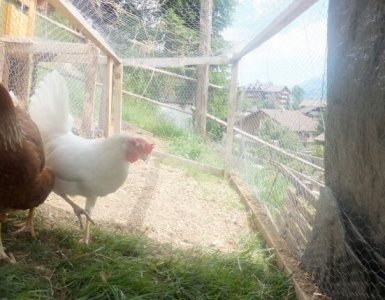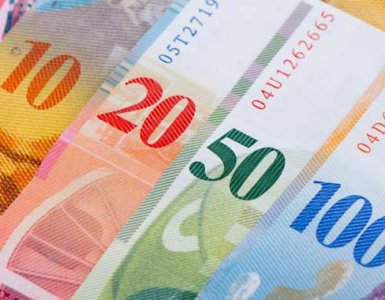Switzerland has a rep for wallet-busting prices and a set of unwritten rules only the locals truly understand.
We get emails and DM's almost daily from those wanting to visit, and they're wondering: How to travel most efficiently? How to save money on food? And how to avoid embarrassment when meeting the Swiss?
This prompted me to dig deep and share all the best Switzerland tips and tricks. This guide is filled to the brim with shortcuts on traveling smarter, blending in, and getting the absolute most out of every Swiss moment.
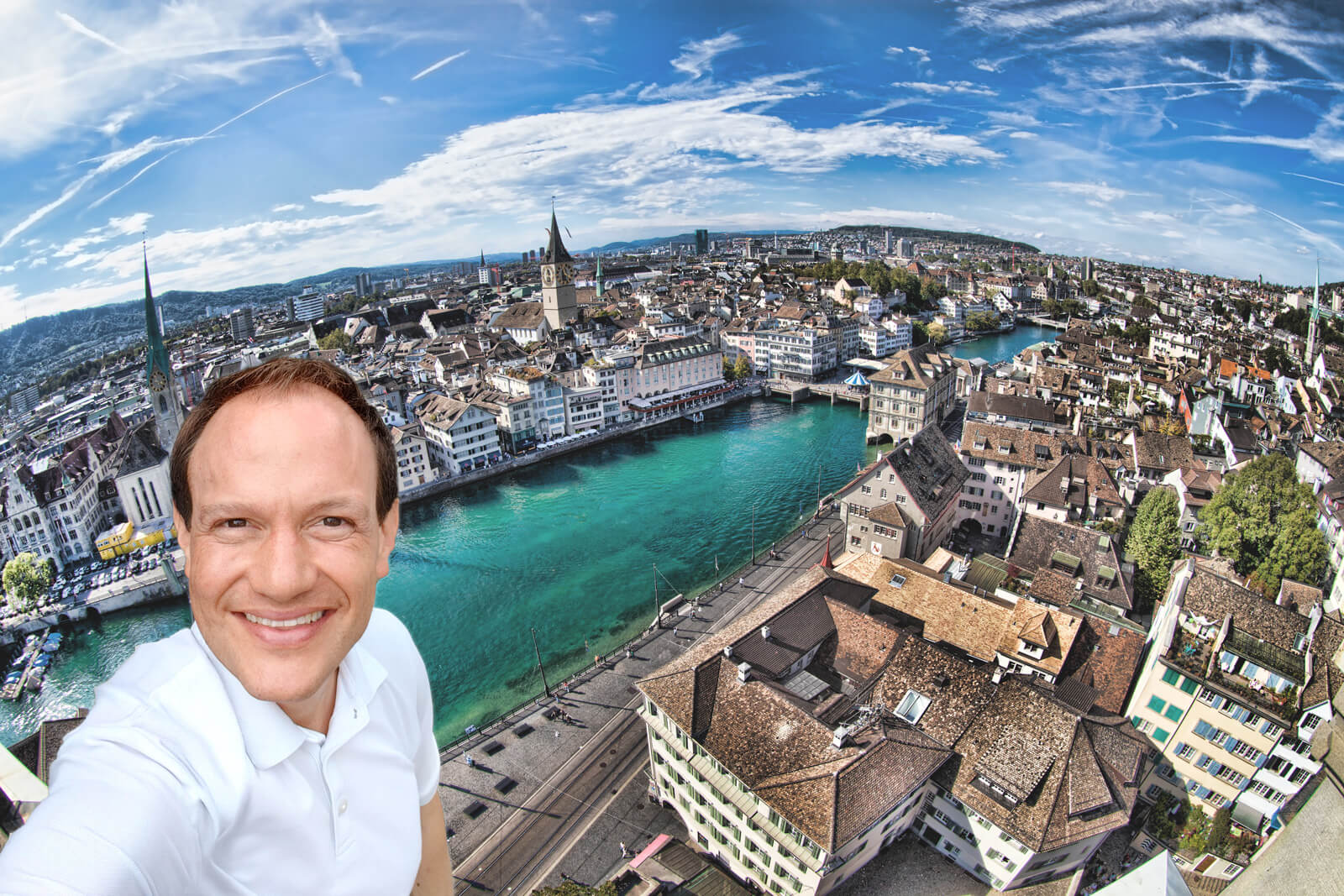
Highlights of Seasons in Switzerland
The best time to visit Switzerland depends entirely on what you want to do. This country is a year-round playground, but each season brings its own highlights and insider tricks.
Winter (December to March)
- Best for: Skiing, snowboarding, winter hiking, Christmas markets, museum visits, carnival activities, and springtime walks in the flatlands.
- Why go now: Switzerland turns into an winter wonderland. Resorts like Zermatt, St. Moritz, and Verbier are in full swing. December to March is prime ski season, with reliable snow even into April at higher altitudes like Saas-Fee or Zermatt.
- Insider tip: Book your ski holiday in August or early September for better deals and wider accommodation choices. For quieter slopes and better prices, go just before or after the Christmas rush, or late March/early April in high-altitude resorts. We've had the slopes to ourselves in Zermatt during these off-peak seasons!
Spring (March to May)
- Best for: Sightseeing in cities (Zurich, Lucerne, Geneva), lakeside strolls, early wildflower hikes, visiting flower fields, and traditional festivals.
- Why go now: As the snow melts, lower valleys and cities burst into color with blooming flowers. Spring is perfect for exploring Swiss cities and enjoying milder weather with fewer tourists.
- Insider tip: Spring festivals like Sechseläuten in Zurich offer a taste of local culture. Trails in the Jura and Pre-Alps open up for early hiking, and hotels are cheaper than in summer.
Summer (June to August)
- Best for: Hiking, mountain biking, swimming, water sports, and outdoor festivals.
- Why go now: This is peak season for Switzerland’s legendary hiking trails: Graubünden, Bernese Alps, Valais. All the high mountain passes are open, meadows are in full bloom, and lakes are warm enough for a dip.
- Insider tip: July is the top month for hiking as high trails are snow-free, and wildflowers are everywhere. But it’s also the busiest, so book your stay early. We always recommend picking nearby towns to major attractions for fewer crowds and a glimpse of how the Swiss live. Major festivals like the Montreux Jazz Festival happen in July.
Autumn (September to November)
- Best for: Wine tasting, hiking, photography, and cultural festivals.
- Why go now: Early autumn in Switzerland (September) is ideal for long hikes. Trails are quiet, nights are fairly mild, and mountain huts are still open. Vineyards in regions like Lavaux and Valais are at their best, and Ticino is all about celebrating the chestnut.
- Insider tip: October is grape harvest time, and you’ll find local festivals and delicious seasonal food. By late October and November, many mountain hotels and cable cars close for maintenance, so check ahead. Christmas markets start popping up from mid-November.
Wild Camping in Switzerland
OK, so wld camping in Switzerland is a bit of a tightrope walk. Generally, it's not allowed in national parks or anywhere close to towns and villages. The Swiss take their nature seriously, and rightly so.
But if you're dreaming of pitching a tent under the stars, there's good news: in some alpine areas above the tree line, wild camping is permitted - as long as you tread lightly and respect the environment.
The bottom line? Always check local rules before you set up camp. Some regions have strict bans, while others welcome responsible campers. It's important that you leave no trace. Pack out everything you bring in, avoid making fires, and keep noise to a minimum. This way, you help keep Switzerland's pristine wilderness just as magical for the next adventurer.
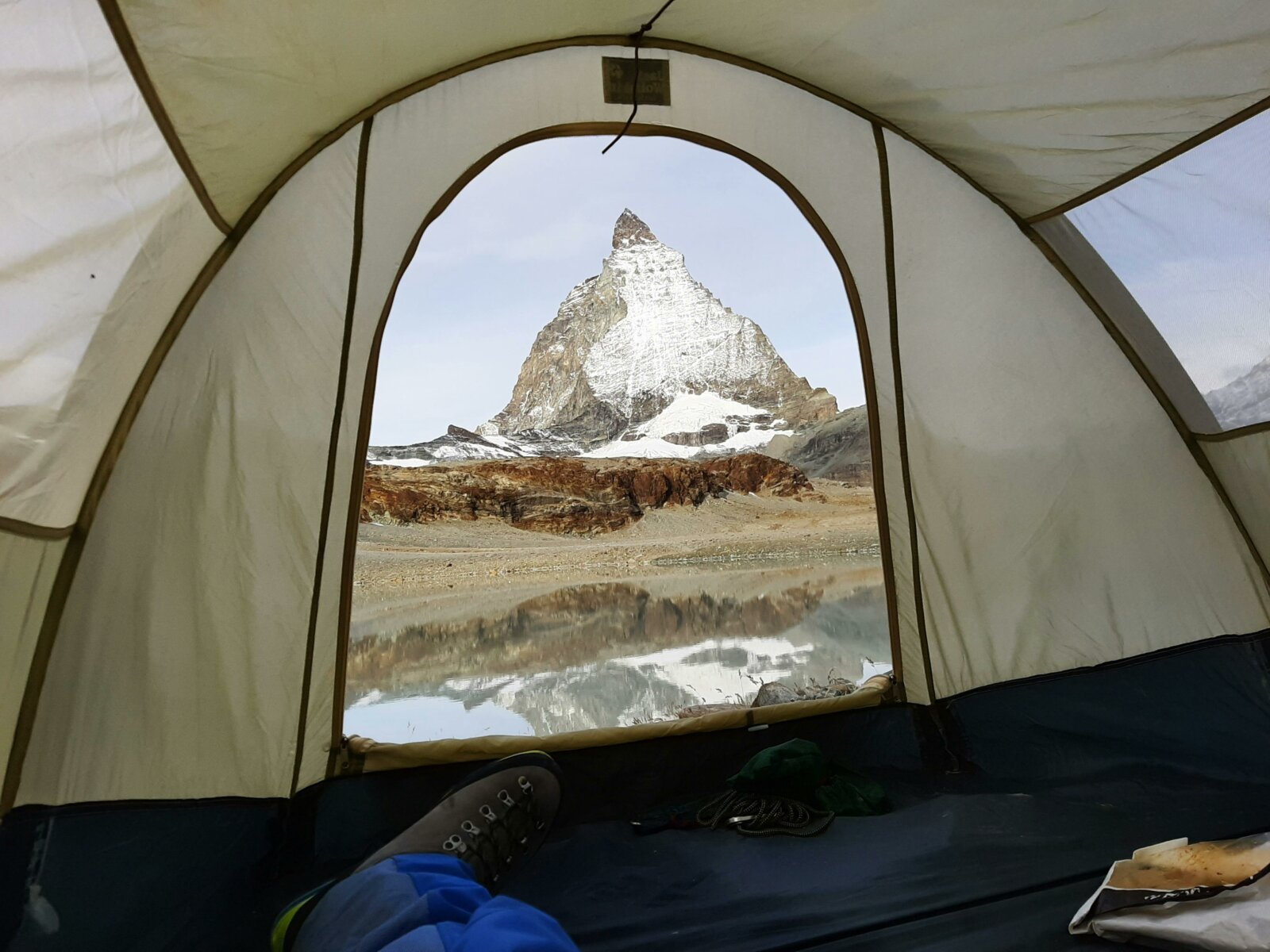
Transportation: Mastering Swiss Mobility
Those of you who've followed Newly Swissed over the years know that we have a soft spot for Swiss public transport. I mean, it's short of legendary: trains, trams, buses, and boats glide through the country like clockwork.
But if you don’t know the system, you’ll pay premium prices for this privilege. Read our post on Switzerland planning hacks, or see a summary below on how to get the best value.
Swiss Travel Pass: The All-in-One Solution
If you want unlimited travel across Switzerland’s trains, buses, boats, and city trams, the Swiss Travel Pass is your golden ticket.
It’s ideal for travelers hopping between cities, riding scenic trains like the Glacier Express, or museum-hopping (over 500 museums are included for free). Kids under 16 travel free with a parent, and you get discounts on many mountain railways and attractions. It’s flexible, easy to use, and can save you a bundle if you’re exploring widely.
Alternatives for Savvy Planners
If your itinerary is more relaxed, or you’re staying in one region, consider these options:
- SBB Saver Day Pass: Offers unlimited travel for a specific day. Prices start as low as 29 francs if you book early. Pair it with a Swiss Half Fare Card for extra savings, but you’ll need to plan ahead and commit to travel dates.
- Regional Passes: These are perfect if you’re sticking to one area (like the Bernese Alps or Lake Geneva.)
- Swiss Half Fare Card: Get 50% off most trains, buses, and boats for a month. This pass is ideal for longer stays or less frequent travel.
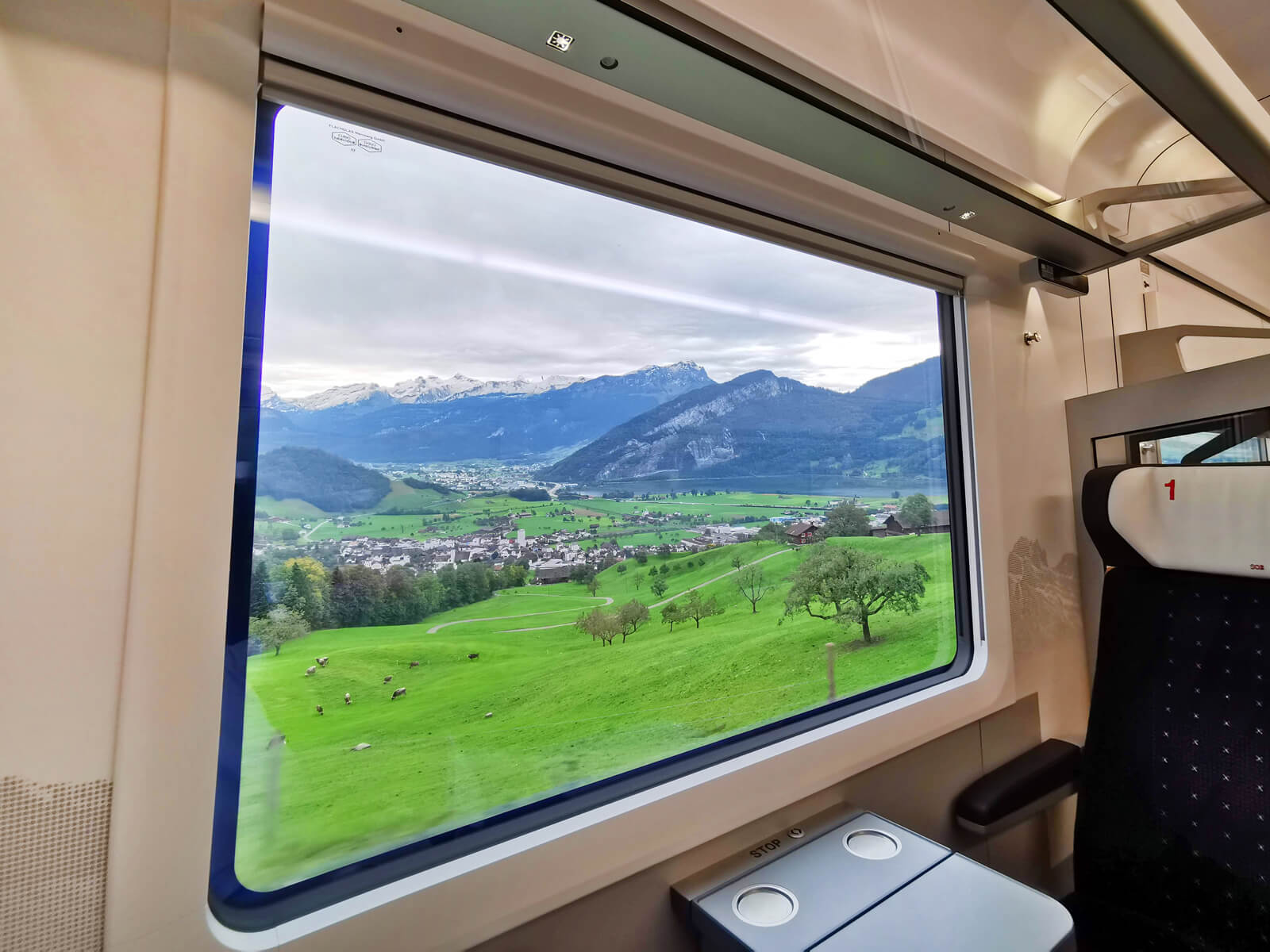
Eating Out and Money-Saving Food Tricks
Eating out in Switzerland can be expensive-not just because of food costs, but because the people serving you are making a living wage. Still, there are plenty of ways to eat well without draining your bank account.
Food Waste Initiatives
The mobile app Too Good To Go is a game-changer. Use it to grab unsold food from bakeries, restaurants, and supermarkets at up to 70% off, usually at the end of the day.
The German discounter Lidl is also part of the movement. Look for Wundertüten (brown grab bags) right after the check-out registers. For about 5 francs, you get a surprise mix of veggies, fruit, and other surprises that are perfectly good but can’t be sold the next day.
Grocery Stores in Switzerland
German discounters, Lidl and Aldi, are the budget kings among grocery stores. Lidl is famous for its in-store bakery: Grab a warm pretzel, croissant, or Berliner for under a franc. These stores also have killer deals on Swiss cheese, yogurt, bread, and even fondue packs. (Yes, you can have a fondue night at your Airbnb for less than the cost of a single restaurant meal!)
If you’re feeling a bit more fancy, Manor Food is the place for premium sandwiches, sushi, and international snacks you won’t find elsewhere. It’s pricier, but the quality is top-notch, and it’s a favorite for lunch on the go.
If you show up an hour or so before grocery stores close, benefit from slashed prices on fresh food. This is particularly the case at Coop and Migros.
University Canteens and Self-Service Restaurants
Some of the best food deals in Switzerland are at university canteens. Try the Geopolis canteen at the University of Lausanne for a huge variety and great prices, or the bQm Kulturcafé & Bar at ETH Zurich for a relaxed vibe and cheap meals.
The Signal de Bougy self-service restaurant near Lake Geneva is another winner, with hot and cold buffets, vegetarian and gluten-free options, and a terrace view that’s worth the trip.
For real bargains on food, find a self-service restaurant run by Coop or Migros. At their buffets, you can pile your plate full of salad for less than 20 francs. Or try international takeouts for inexpensive but filling meals: Indian curry, Turkish döner, or Asian fusion.
Lunch Specials at Restaurants
Compared to the à la carte menu at dinner, many restaurants offer business lunches or a “menu of the day” (Mittagsmenü, menu du jour, menu del giorno).
For a set price around 25 to 30 francs, you'll get a main, side salad or soup, beverage, and sometimes even a dessert. The coffee at the end is usually not included, though, and might kill the deal as it can cost 4 to 5 francs...
Pro tip: Always check the blackboard or ask for the daily special; it’s often not on the printed menu.
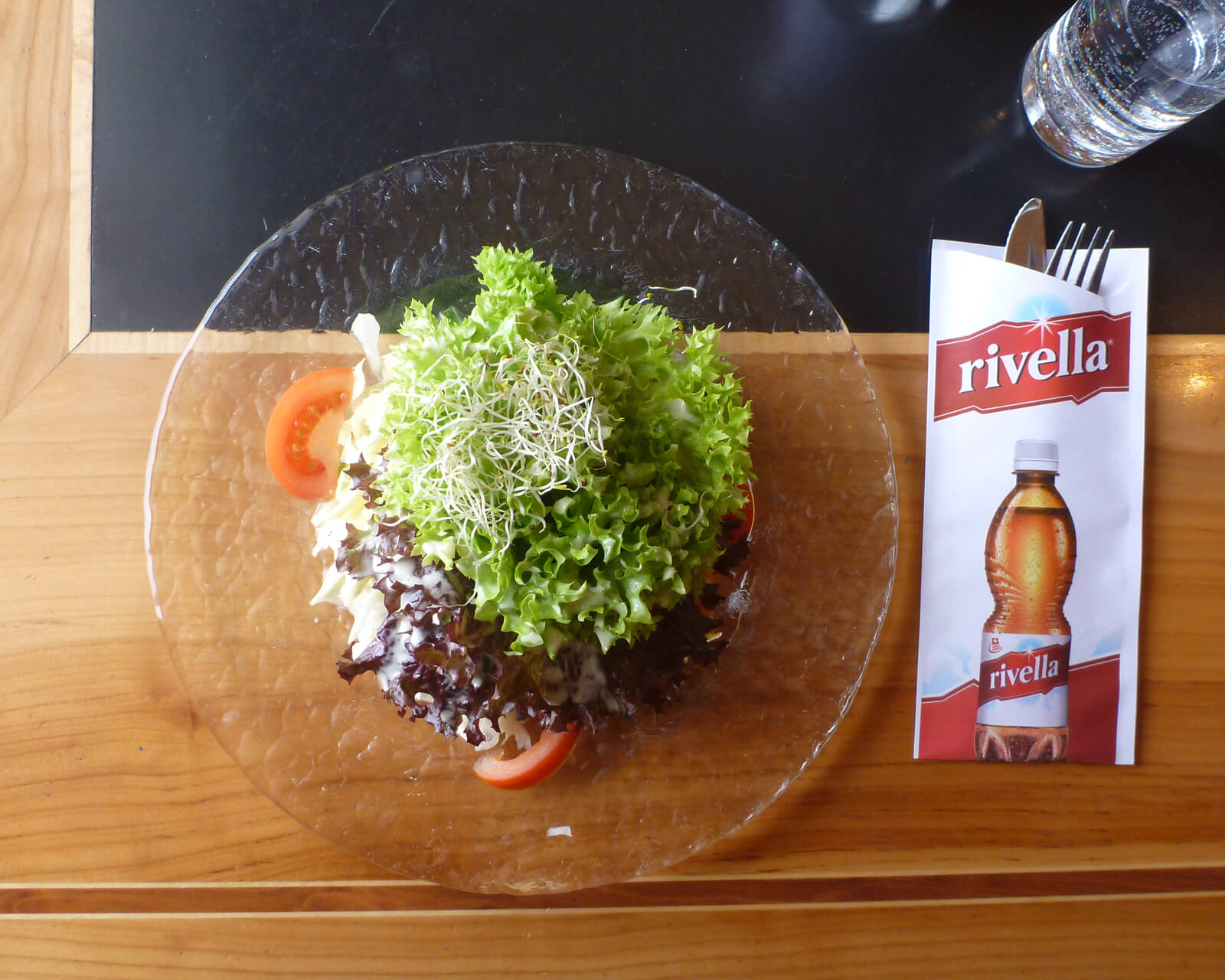
Free (or Cheap) Tap Water
Tap water in Switzerland is some of the best you’ll ever drink, hands down. It used to be the case that restaurants had to provide it for free by law when asked. These days, some restaurants sell tap water in a bottle or caraffe, but it never hurts to ask.
Simply ask: “Dürfte ich Leitungswasser haben?” (German), “Une carafe d’eau du robinet, s’il vous plaît” (French), or “Una caraffa d’acqua del rubinetto, per favore” (Italian).
If you’re out and about, bring a reusable bottle: there are over 1200 public fountains in Zurich alone, and thousands more across Switzerland. Unless marked, all the fountains are safe for drinking. In Switzerland, buying bottled water is a waste of money and resources; locals never do it unless absolutely necessary.
If you’re hiking, you’ll find picnic areas with fountains or taps, and even mountain huts and train stations have water faucets or fountains.
Swiss Etiquette and Tipping at Restaurants
Some Swiss (me!) are very judgmental when it comes to restaurants. I instinctively steer clear of eateries with cheap plastic chairs. My thinking: If they don't bother about comfortable chairs, what about the quality of ingredients in their menus?
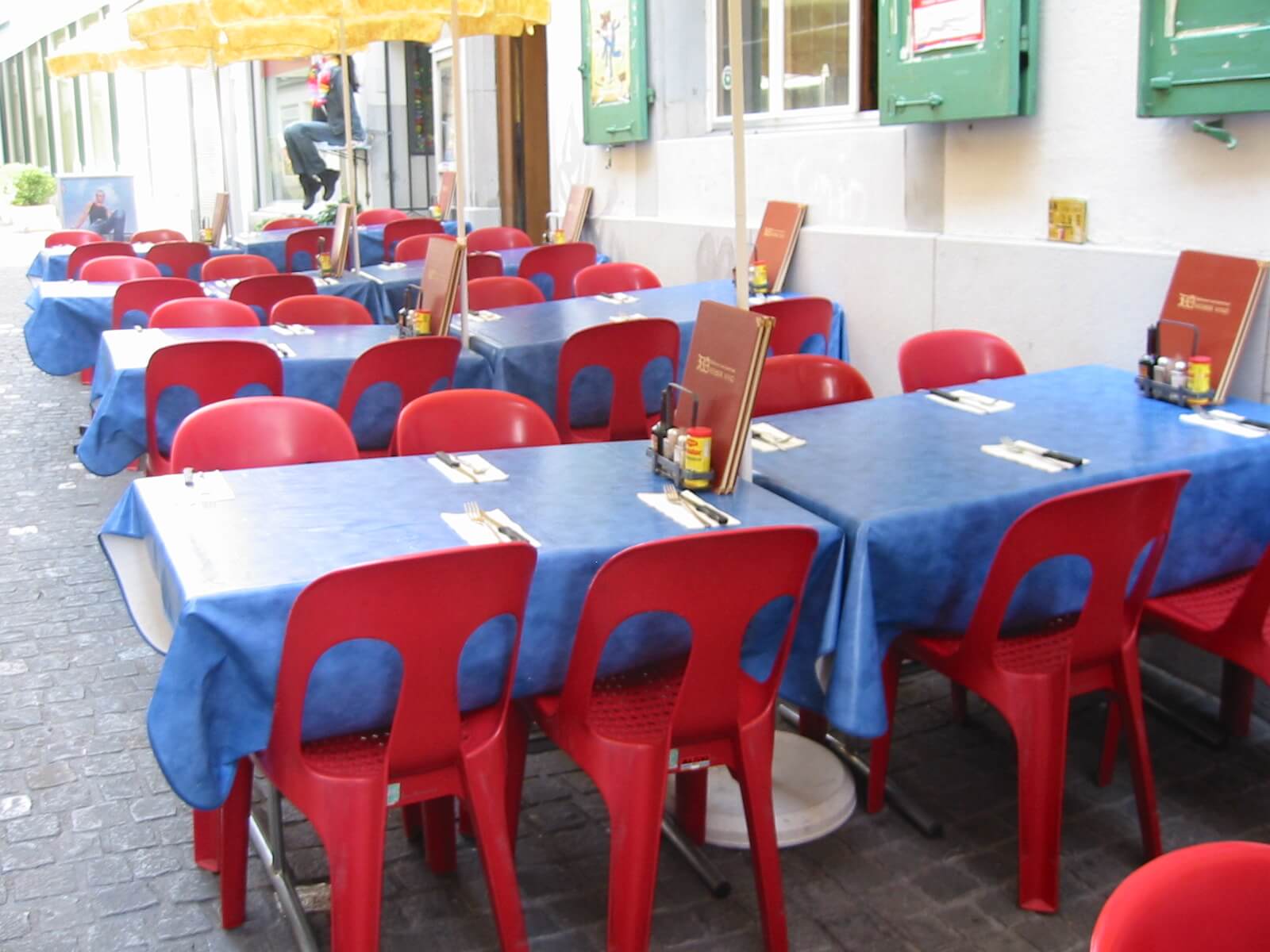
When it comes to ordering and paying, don’t expect the server to hover. In Switzerland, you’re left to enjoy your meal in peace, so you’ll need to signal when you’re ready for the bill. Just catch your server’s eye and say, “Die Rechnung, bitte.” It’s perfectly normal to linger at your table after eating; no one will rush you out.
Tipping is not required since service is included, but rounding up is appreciated for good service.
For example, if your bill is 47 francs, leaving 50 francs is considered generous. Always try to tip in cash, as servers may not receive tips added to a card payment. If you’re at a café or bar, dropping a few coins in the tip jar is enough.
Swiss meal times are strict: lunch is typically served from 12 to 2 PM, and dinner from 6 to 9 PM. Outside these hours, many restaurants close their kitchens, so plan accordingly.
Outlet Shopping in Switzerland
Say you wanted to bring some souvenirs from Switzerland. Your obvious choice will be chocolate, hands down. But if you wanted something a bit more unique, have a look at some iconic Swiss brands such as Kuhn Rikon or Mammut. To get Swiss quality without the Swiss price tag, though, outlet shopping is your secret weapon.
Kitchenware from Kuhn Rikon
The Kuhn Rikon outlets in Schönenwerd’s Fashion Fish Premium Factory Outlet, Landquart Fashion Outlet, and factory in Rikon near Winterthur, offer the full range, plus discontinued models and “seconds” (with barely noticeable cosmetic flaws).
You’ll find everything from their legendary Duromatic pressure cookers to colorful peelers, and the staff are happy to let you test or give advice. It’s ideal for stocking up on gifts or upgrading your own kitchen without breaking the bank.
Chocolate Outlets in Switzerland
The Schoggihüsli in Hinwil is legendary for bags of perfectly good, slightly “imperfect” chocolate at a fraction of the normal price. I've shopped there for many years. It's always fun browsing the aisles since the selection changes constantly. Sometimes, I've found premium organic chocolate bars, at other times, pralines in high-end boxes.
Stella Bernrain has factory shops in Kreuzlingen and Giubiasco, where you can buy bars, pralines, and seasonal specialties straight from the source. There are frequent special deals or lower quality chocolate products that taste just as good as the regular stuff.
The Sprüngli Chocolate outlet in Dietikon sells fresh pralines, truffles, and Luxemburgerli at outlet prices - right beside the factory.
The House of Läderach outlet in Bilten is also the world’s largest Läderach shop, with a massive fresh chocolate counter and regular deals.
Outdoor Apparel Outlets in Switzerland
For outdoor gear, the Transa outlets in Zurich (Josefstrasse, right by the main station) and Bern (Monbijoustrasse) are packed with discounted tents, hiking boots, jackets, and backpacks from the best brands.
Mammut is somewhat an iconic Swiss brand when it comes to outdoor clothing, shoes, and equipment. There are Mammut outlet stores in Zurich and Bern where I've previously found discounts of 60%. And if you can time your shopping spree with a "sales" season (Ausverkauf), you often get to double-dip!
Attractions and Museums in Switzerland
Switzerland’s museums are world-class, and you don’t have to pay full price to enjoy them. Many museums offer free admission on certain days or during specific hours.
For example, Basel Kunstmuseum is free on the first Sunday of the month and after 5 PM on weekdays, while Kunsthaus Zürich opens its doors for free every Wednesday. University museums like the Zoological and Paleontological Museums in Zurich are always free, making them perfect for families or anyone on a budget.
We've compiled an entire post about free museums in Zurich.
The best views of Zurich? Try climbing the Grossmünster in the Old Town. It'll only set you back 5 francs to ascend the tower, which is open year-round.
If you’re a culture vulture, invest some 166 francs per year in a Swiss Museum Pass. This card opens the doors of more than 500 museums in Switzerland. The Swiss Museum Pass is also included in the Swiss Travel Pass - an amazing added benefit.
Several cities have their own tourism cards, such as the Zurich Card, Bern Museum Card, Geneva Museum Pass. These offers combine free transport with museum access and other perks for a set amount of time.
| Name of Pass | Features and Benefits |
|---|---|
| Swiss Museum Pass | Entry to 500+ museums, discounts for SBB cardholders |
| Zurich Card | Unlimited public transport, museum access, available for 24h/72h |
| Bern Museum Card | All Bern museums, available for 24h/48h |
| Geneva Museum Pass | Unlimited access to Geneva’s museums (annual) |
And finally, don’t forget to check for birthday offers: some museums, attractions or zoos let you in free on your special day with ID. Here are some of the best-known options:
- Swiss Museum of Transport (Lucerne): Free entry for birthday guests with valid ID
- Aquabasilea (Basel): Free entry to the wellness and waterpark on your birthday
- Mineralheilbad (St. Margrethen): Free entry to the thermal baths
- Swiss Holiday Park (Morschach): Free entry to the pool and spa
- Tamina Therme (Bad Ragaz): Free entry to the thermal baths
- Zurich Zoo: Free entry for children up to 15 years old on their birthday.
Weather in Switzerland
Switzerland’s weather is a wild card: Sunny in Zurich, snowing in Zermatt, raining in Lugano, all on the same day. The golden rule? Always wear layers.
The weather can flip fast, especially in the mountains, so pack a light jacket even in summer and don’t skimp on thermals in winter.
Download the free MeteoSwiss app - it’s the local’s secret weapon for hyper-accurate forecasts, real-time hazard alerts, and even pollen and UV info.
Want to impress your Swiss friends? Learn to read the clouds: wispy cirrus clouds can signal a change is coming-clear and sparse means stable, but if they thicken, expect rain or snow soon. For a deep dive into winter weather and how to spot storms before they hit, check out our Swiss Winter Weather Guide.

Free Wi-Fi and Connectivity
Switzerland tips and tricks for connectivity start with knowing where to look: most major cities like Zurich, Geneva, and Bern offer free Wi-Fi in public spaces, including train stations, libraries, museums, and even some parks.
SBB provides 60 minutes of free Wi-Fi per day at over 80 train stations. Simply register and you’re good to go.
Many cafes, restaurants, and fast-food chains like Starbucks and McDonald's also offer free Wi-Fi, making it simple to check your maps, upload travel snaps, or catch up on emails while you sip your coffee.
If you want more robust access, Swisscom has a vast network of public Wi-Fi hotspots, free for its customers and available for a small fee to others. UPC customers can use the Wi-Free network, which is handy if you’re staying with friends or family who have UPC at home.
And if you’re planning to stay longer, consider picking up a local prepaid SIM card for affordable mobile data. With these Switzerland tips and tricks, you’ll never be out of touch - unless you choose to be or are in a remote spot without reception!
Clever Savings Using Sharing Economy
Here's an idea that's never talked about in forums or on travel blogs: Tapping into the sharing economy.
Sharely.ch is basically the Swiss army knife of rental platforms. You’ll find everything from baby strollers and camping gear to telescopes for that late-night star fix, all rented straight from locals.
Why buy or haul stuff you’ll only use once? Just borrow it for a few francs, save luggage space, and skip the hassle. It’s easy, eco-friendly, and you’ll feel like you’ve cracked a local secret.
Jumping between cities? Check out BlaBlaCar. It’s carpooling made simple: ride with someone already heading your way, pay way less than a train ticket, and maybe swap some stories on the road.
Sticking to the city? PubliBike has you covered. Their bikes are parked all over town, ready 24/7. Simply grab one, ride across the city, and drop it at any station. No fuss, no big bills, just smart travel. In Zurich, you can download a dedicated mobile app to make the rental even smoother.
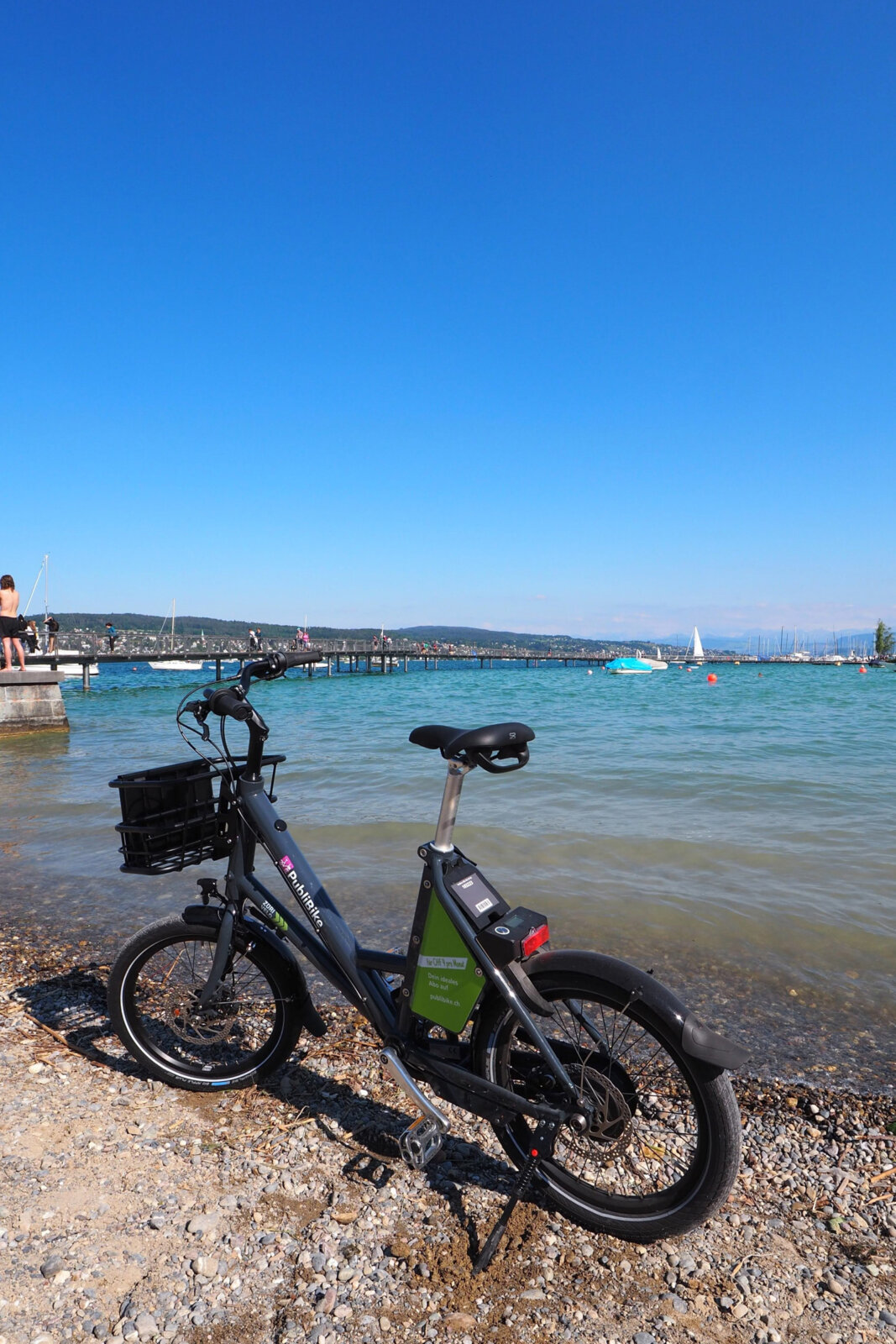
Social Life and Swiss Etiquette
Swiss social life is a blend of subtlety, structure, and a dash of old-school charm. Don’t expect big bear hugs or loud greetings. Think firm handshakes, eye contact, and a polite “Grüezi” or “Bonjour.”
If you’re invited for brunch, coffee, or an apéro (pre-dinner drinks), check the invite for clues: brunch and dinner are usually sit-down affairs with a fixed start time, while apéros and parties are more flexible.
Punctuality is serious business: in German-speaking Switzerland, arrive within five minutes of the stated time; in Ticino and Romandie, you get 15 to 30 minutes’ grace, but always call the hosts if you’re running late.
When you arrive at a gathering, introduce yourself to everyone, shake hands, and say your name. In German-speaking regions, greet each person by name if you know it. If you forget, apologize and ask.
Gifts for the hosts should be practical: wine, flowers, or chocolate if you’re invited for dinner. Don’t bring food unless you’re in international circles, and forget about thank-you cards.
Table manners count, too. Wait for the host to start the meal or make a toast, and make eye contact during “Prost,” “Santé,” or “Cin cin.”
Keep your wrists on the table (not your elbows!), and never gesture with your utensils. When you’re finished, place your knife and fork parallel on your plate, signaling you’re done. Steer clear of small talk about money, politics, religion, illness, or anything that could sound critical.
So much information, right? No worries! Swiss gatherings might feel formal at first, but once you’re in, you’re treated like family.
Free Things on your Birthday in Switzerland
Planning to be in Switzerland on your birthday? Good news: this country quietly showers you with freebies if you know where to look. Here are three smart ways to turn one day into hundreds of francs in value.
Ride a mountain cable car for free
Several cable cars and mountain railways will take you up for nothing on your birthday when you show an ID. Think Schilthorn – Piz Gloria, Niederhorn, Meiringen-Hasliberg, Sörenberg, or even Atzmännig with its chairlifts and toboggan runs. (Fun fact: On our wedding day, Mamiko and I took the entire party to Atzmännig for a slide!)
Pick one region and build your day around it: start with a free summit ride, then add an easy hike and a picnic with views that usually cost triple digits.
Cruise Lake Lucerne in first class
On Lake Lucerne, birthday "guests "children" can get a free first-class day ticket for regular boats, turning the entire lake into your moving terrace. You can hop on and off all day, combine short walks in lakeside villages with coffee stops, and still pay nothing for transport on the water. It’s one of the best-value birthday hacks because a first-class day ticket normally eats up a good chunk of a travel budget.
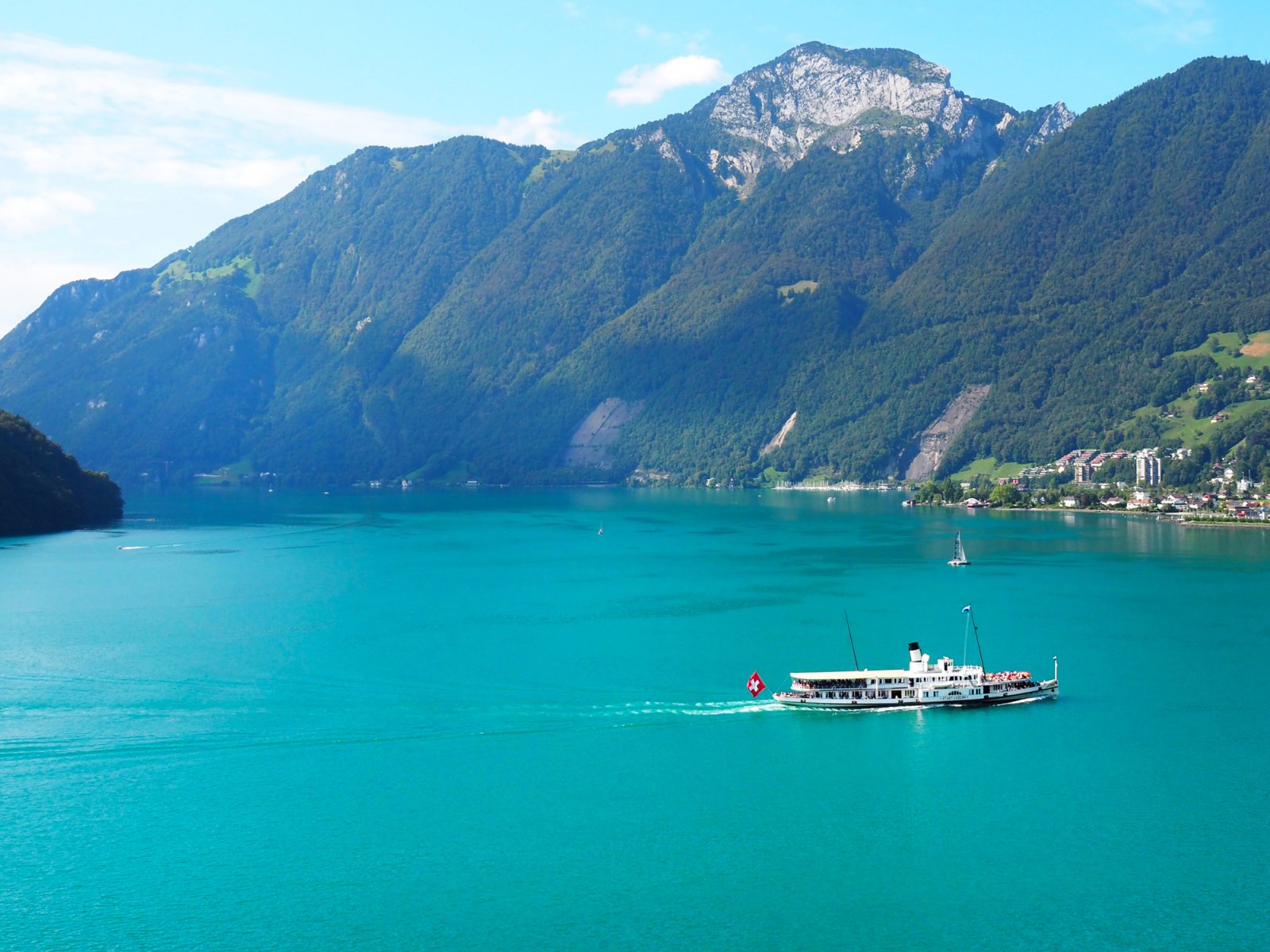
Soak in a thermal spa or water park
If the weather is off or you just want to slow down, head to a spa that grants free entry on your birthday. Places like Aquabasilea in Basel, Säntispark in Abtwil, Tamina Therme in Bad Ragaz, the Mineralheilbad in St. Margrethen, or Swiss Holiday Park in Morschach let you in for free when you show your ID.
Wrap it up with a stroll through the old town or a simple dinner, and you’ve had a full birthday program with the big-ticket items covered.
Last updated: January 2026

